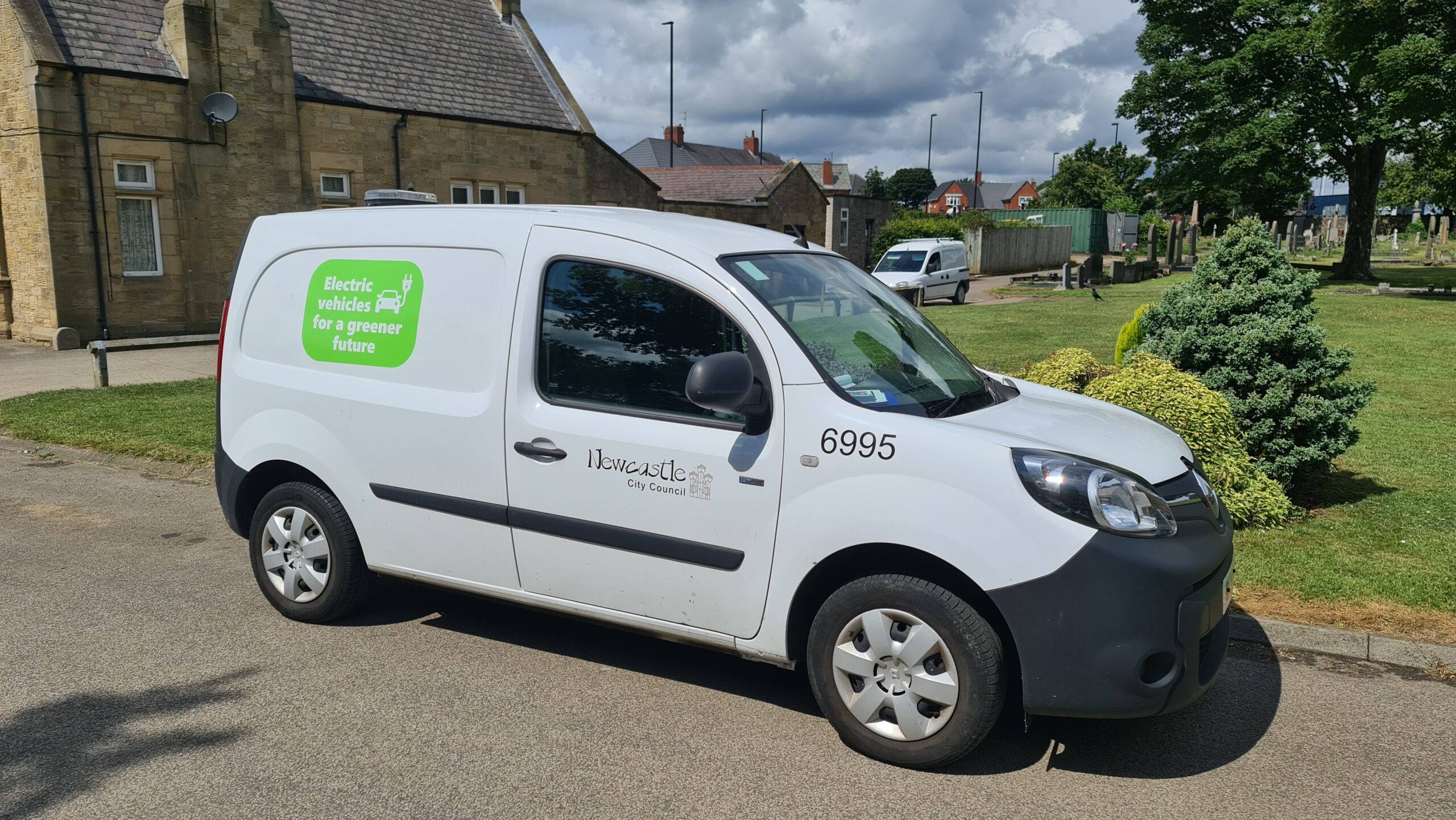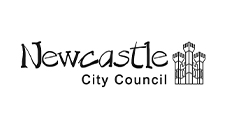Newcastle City Council needed to finalise plans for a six-year fleet renewal programme.
Despite the Council having an electric-by-default policy, the higher capital cost of electric vehicles, the availability of charging infrastructure and the need to upgrade electrical infrastructure at depots were cited as barriers to investment.
As a result, in a planned procurement of 287 new cars and vans under 3.5 tonnes, only one was an electric vehicle (EV).
Solving the problem
Urban Foresight undertook a review of the Council’s fleet and planned procurement in 2019. This involved working closely with Fleet Managers and Service Managers over several months to better understand the potential for EVs to be adopted across the Council and its arms-length housing association, Your Homes Newcastle (YHN).
Urban Foresight helped the Council to overcome barriers to investing in electric vehicles.
The review included challenging vehicle choices and operational practices to create opportunities to invest in smaller and cheaper vans that were better suited to electrification.
Urban Foresight also provided advice on vehicle types, charging regimes and helped the Council to review an electrical survey to establish the costs of installing charging points at depots.
This analysis was compiled into a financial business case. This showed that the additional costs of purchasing EVs and installing charging points could be recovered over the operational life of the vehicles, with the reductions in fuel and maintenance resulting in net savings.
It also recognised the opportunity to use this investment to strengthen the Council’s in-house maintenance and servicing capabilities and subsequent potential for commercial exploitation.
Key outcomes
In October 2019, the Council’s Fleet Managers confirmed that Urban Foresight’s analysis and advice had given it the confidence to invest in EVs.
An initial order of 20 electric vans was placed by YHN, with the Council committing to procure up to 40 EVs in total. Plans were also developed for the installation of an additional 36 charging points at Council buildings and depots.
These 40 vehicles are expected to deliver operational savings of £390,000 and a 690-tonne reduction in CO2 over seven years compared to equivalent fossil-fuelled vehicles.





